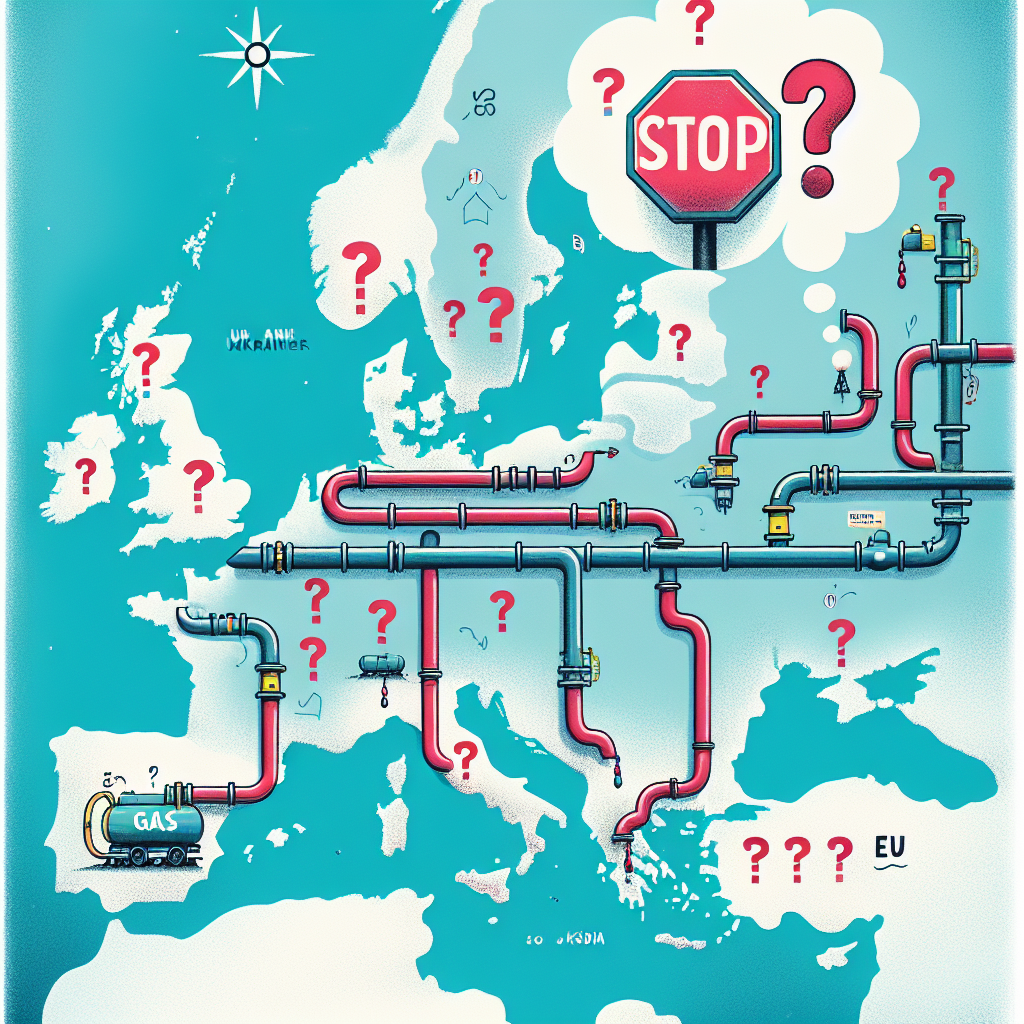Ukraine Halts Russian Gas Transit to EU: What Are the Implications?
Ukraine Halts Russian Gas Transit to EU: What Are the Implications?
Background
In a significant geopolitical move, Ukraine has decided to halt the transit of Russian gas to the European Union. This decision comes amid escalating tensions between Ukraine and Russia, impacting energy supplies across Europe.
Key Reasons for the Halt
- Geopolitical Tensions: The ongoing conflict between Ukraine and Russia has reached a critical point, prompting Ukraine to take drastic measures.
- Energy Security: Ukraine aims to assert its control over energy routes and reduce dependency on Russian gas.
- International Pressure: Ukraine faces pressure from Western allies to take a firm stance against Russian aggression.
Immediate Implications for the EU
- Energy Shortages: The EU may experience disruptions in gas supply, leading to potential shortages and increased energy prices.
- Search for Alternatives: European countries will need to accelerate their search for alternative energy sources, including renewables and LNG imports.
- Economic Impact: Industries reliant on gas may face operational challenges, affecting economic stability in the region.
Long-term Consequences
- Shift in Energy Policy: The EU might expedite its transition towards sustainable energy to reduce reliance on external gas supplies.
- Strengthened Alliances: This situation could lead to stronger alliances between the EU and other energy-producing nations.
- Increased Investment: There may be increased investment in energy infrastructure to enhance resilience against future disruptions.
Conclusion
The halt of Russian gas transit through Ukraine to the EU marks a pivotal moment in European energy dynamics. While it poses immediate challenges, it also presents an opportunity for the EU to rethink its energy strategy and strengthen its energy security. The situation underscores the intricate link between geopolitics and energy supply, urging nations to adapt swiftly to changing circumstances.














